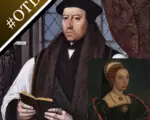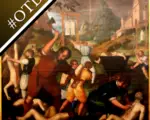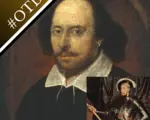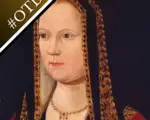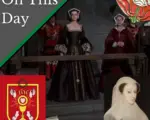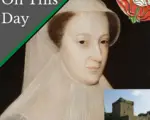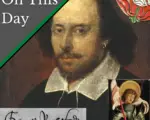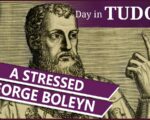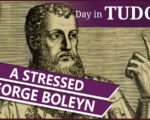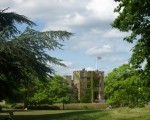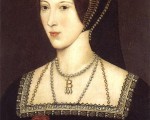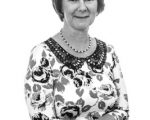On this day in Tudor history, 11th November 1534, Philippe de Chabot, Seigneur De Brion and Admiral of France, landed on English soil. The purpose of the diplomatic mission he was leading was to renew Anglo-French relations.
George Boleyn, Lord Rochford, brother of Queen Anne Boleyn, had been put in charge of meeting the admiral and escorting him on his journey from the south coast to London, but it was no easy task. The admiral did not make things easy at all, and George was rather stressed about the situation.
Find out what happened, and how and why the ambassador’s visit was bad news all round for the Boleyns, in today’s talk.
[Read More...]
